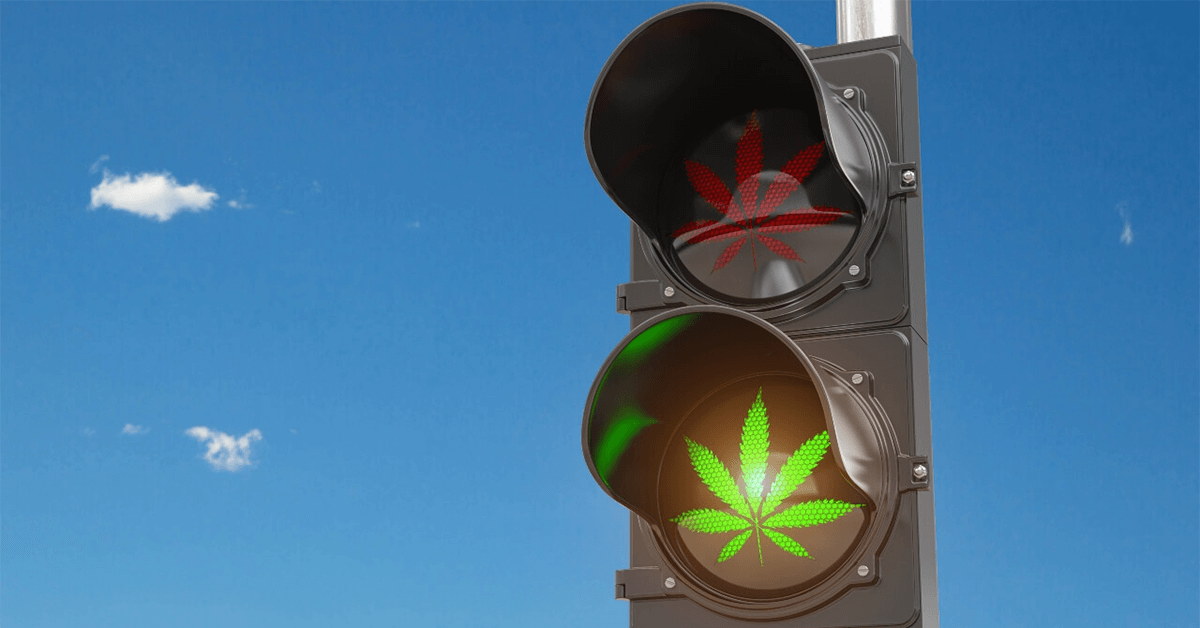The Case of Odor as Probable Cause: People of the State of Michigan v. Jeffery Armstrong

In a landmark case that has reverberated through Michigan's legal landscape, the issue of whether the odor of cannabis alone can constitute probable cause for police to conduct searches has come under intense scrutiny. This pivotal legal debate unfolded following an incident in Detroit, where police officers cited the smell of cannabis as the reason to order Jeffery Armstrong out of his vehicle, ultimately leading to his arrest after discovering an illegal firearm under the seat he occupied.
Background of the Case
The legal journey began when Detroit police detected the scent of cannabis emanating from a vehicle in which Jeffery Armstrong was a passenger. Acting on this observation, they conducted a search which revealed an illegal gun. Armstrong challenged the search, arguing that since Michigan voters had legalized recreational cannabis, the mere presence of its odor should no longer be sufficient grounds for such police actions.
Legal Proceedings
The trial court sided with Armstrong, ruling that the odor of cannabis alone, in the context of its legalization, does not meet the threshold for probable cause necessary for searches and seizures. This decision was upheld by the Michigan Court of Appeals. The matter was then escalated to the Michigan Supreme Court, drawing significant attention from legal experts and advocacy groups.
Amicus Briefs and Legal Opinions
Highlighting the broader implications of this case, the Cato Institute and the Institute for Justice submitted an amicus brief supporting Armstrong's position. They argued that allowing searches based solely on the smell of a legally permissible substance could lead to unconstitutional practices, undermining the intent of Michigan's electorate to alleviate overcriminalization. This stance underscores a critical examination of how law enforcement practices must evolve in response to changing legal and social landscapes.
Constitutional and Legal Challenges
This case taps into fundamental questions about the Fourth Amendment, which protects citizens from unreasonable searches and seizures. Advocates argue that strict adherence to constitutional guarantees is essential, especially when the legality of substances like cannabis evolves. The legal discourse focuses on ensuring that probable cause is not merely speculative but based on clear evidence that aligns with both legal standards and contemporary societal norms.
Implications for Law Enforcement
The outcome of this case has significant ramifications for law enforcement protocols. It challenges officers to adapt to the nuances of laws that have shifted due to voter initiatives and societal changes. Training and operational guidelines may need revisiting to ensure that police actions remain within the bounds of the law while effectively addressing public safety.
Conclusion
As Michigan navigates the complexities introduced by the legalization of cannabis, the case of Jeffery Armstrong serves as a crucial benchmark for assessing the balance between individual rights and law enforcement duties. The Michigan Supreme Court's forthcoming decision will not only impact Armstrong but also set a precedent that will influence the interpretation of probable cause in the context of legalized substances across the state.
For more detailed legal insights, you can access the complete amicus brief filed by the Cato Institute and the Institute for Justice here.
Share this article:
Spotted a typo, grammatical error, or a factual inaccuracy? Let us know - we're committed to correcting errors swiftly and accurately!








 Helpful Links
Helpful Links